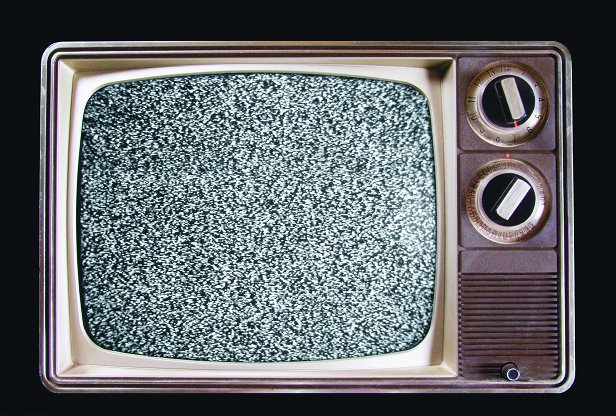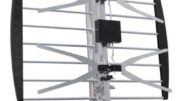Think back to 2003. Yes, it was 20 years ago. In some ways it seems like 100 years ago. Back in 2003, your cell phone got most of its use actually making calls. You checked your email once a day or so, and while you were impressed by the amazing speed of your brand-new always-on internet, it was probably about 1 megabit (or less.) Chances are you spent a lot more time interacting with the people near you, and, when you watched TV, you watched live TV.
A world without on demand
That’s right, on-demand was extremely new back then, as was the DVR. Most people had some idea that these technologies existed, but unless you were a seriously early adopter, you never used these things. Live TV was king, and you were just fine with that.
The earth has gone around the sun a few times since then, and so I ask, “does live TV still matter?” An increasing amount of TV is consumed either from a DVR or from some sort of on-demand source like Netflix or Hulu. It’s actually possible that you may not watch any live TV in an average week, especially if you’re under 50.
Live TV sure matters to the people who make it
Local broadcasters and broadcast networks still haven’t got that message, though. Those old titans, the ones who ruled the world in 1963, 1983, and even 2003 haven’t quite gotten the message that for the most part, live TV actually doesn’t matter. News is important. Sports are important. A rapidly decreasing number of relevant reality programs are important to watch as they unfold. A very small number of scripted programs demand that you stop and watch as soon as they air, but past that, people are just as happy to watch on their own schedules, especially if this means that they can skip commercials.
What does this mean for the future?
It means trouble, if you’re a traditional broadcaster. For the last five years or so, local broadcasters have been gutting their news and local interest resources, importing canned programs from their increasingly massive corporate owners. It means that the world of local programming is teetering on a precipice and station owners don’t seem to notice or care.
I personally feel that the traditional broadcast model just needs one little push to drop into chaos. Those in the desirable 18-34 demographic don’t watch a lot of TV already, and personally I’m worried that a small push could cause them to lose interest altogether.
But here’s the interesting thing…
I have to wonder if the major broadcast networks even care. I have this conspiracy theory floating in my head that the big boys, the CBS’s, ABC,’s, etc. of the world, would love to divest themselves of the old network model. Local network affiliates were important to them when over-the-air was the only game in town. Today, these companies would be just as happy to be cable/satellite-delivered only, but they can’t do it as long as those pesky network contracts are in place. Those contracts mean that network programming is only available from network affiliates. It stops the broadcast networks from offering national programming over cable or satellite. That limitation has been in place since the very beginning of broadcasting.
You’ll notice, of course, that all the big broadcasters already offer content directly over streaming. I have a feeling this is just a sign of things to come. If broadcast networks let their affiliates fail, they could be free to do whatever they want. This would include producing salacious programming of the sort one only finds on HBO or Showtime now. They could go whole-hog on a national subscription model. Think about it – CBS, ABC, and NBC all have streaming apps. CBS even lets you watch live local TV from theirs.
So I would say “yes,” live TV does matter, but not the same way that it used to. Live TV is the bargaining chip, the last thing holding the old broadcast model together. It should be interesting to see what happens to live TV in the next couple of years. Even if you’re not actually interested in watching it, it’s going to affect you.





